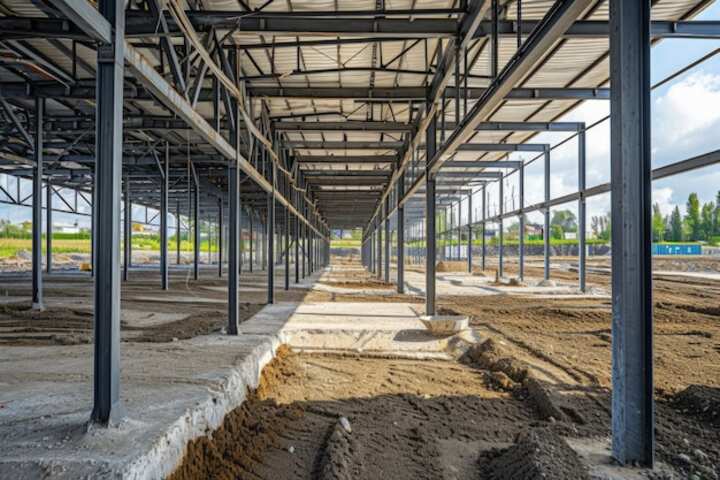
Expert Soil Stabilization Services for Independence
Stabilizing soil is a critical aspect of construction and infrastructure development, ensuring the longevity and durability of structures. For residents and businesses in Independence, expert soil stabilization services are vital in maintaining the integrity of foundations and preventing damage due to unstable or weak soils. This article provides an overview of the essential aspects of soil stabilization services and their importance for both residential and commercial properties in Independence.
Understanding Soil Stabilization
Soil stabilization involves altering soil properties to enhance its load-bearing capabilities, reduce permeability, and minimize settlement. This process is essential for constructing roads, buildings, and other infrastructure on sites with poor soil conditions. The primary goal is to improve soil stability, enabling it to support structures effectively and safely.
Methods of Soil Stabilization
Various methods are employed to stabilize soil, each suitable for different soil types and project requirements. Some of the most common techniques include:
- Mechanical Stabilization: This method involves physically altering the soil structure through compaction or the addition of other materials like gravel or geotextiles to enhance strength and stability.
- Chemical Stabilization: Chemical agents, such as lime, cement, or fly ash, are mixed with the soil to initiate chemical reactions that improve soil properties.
- Biological Stabilization: Utilizing plants or microorganisms to enhance soil structure and stability, often used in erosion control and ecological restoration projects.
The Importance of Soil Stabilization in Independence
Independence, like many other regions, faces challenges with varying soil conditions, including clay, silt, and sandy soils. These soil types can pose significant risks if left untreated, leading to foundation issues and structural damage. Soil stabilization plays a crucial role in addressing these concerns by:
- Prevention of Foundation Damage: Stabilized soil provides a firm base, preventing common foundation problems such as cracking or shifting.
- Enhanced Load-Bearing Capacity: Properly stabilized soil can support heavier structures, allowing for more diverse construction projects.
- Improved Drainage and Reduced Erosion: Stabilization techniques can enhance drainage, minimizing erosion and water-related damage.
- Cost-Effectiveness: By preventing future damage, soil stabilization can reduce long-term repair and maintenance costs.
Choosing the Right Soil Stabilization Service
Selecting the appropriate soil stabilization service is essential for ensuring the success of any construction project. Key factors to consider when choosing a service provider include:
- Expertise and Experience: Look for professionals with a proven track record in soil stabilization projects.
- Range of Services: Ensure the provider offers various stabilization techniques suitable for different soil types and project needs.
- Customized Solutions: Opt for services that offer tailored solutions based on thorough site assessments and analysis.
- Compliance with Regulations: The service provider should adhere to local and national standards and regulations.
For those interested in learning more about soil stabilization services, detailed resources and guides are available online. Read more about this topic to gain a deeper understanding of the processes involved.
Applications of Soil Stabilization
Soil stabilization is applicable in various fields, including:
- Road and Highway Construction: Stabilizing the base and subgrade layers to support heavy traffic and prolong pavement life.
- Residential and Commercial Buildings: Providing a stable foundation to prevent structural issues.
- Landfill and Waste Management: Enhancing soil properties to prevent environmental contamination.
- Runways and Parking Lots: Ensuring durability and resistance to weather-related wear and tear.
For more insights into how soil stabilization can benefit specific projects, learn more in this detailed guide.
Conclusion
Soil stabilization is a vital component in maintaining the structural integrity of buildings and infrastructure in Independence. By understanding the various techniques and their applications, property owners and developers can make informed decisions to ensure their projects are built on a solid foundation. For additional information on soil stabilization and foundation solutions, explore further insights here.
Ultimately, investing in expert soil stabilization services is a proactive measure that safeguards against potential damages, ensuring the longevity and safety of structures in the area. Find additional information here to stay informed about the best practices and latest advancements in soil stabilization technology.